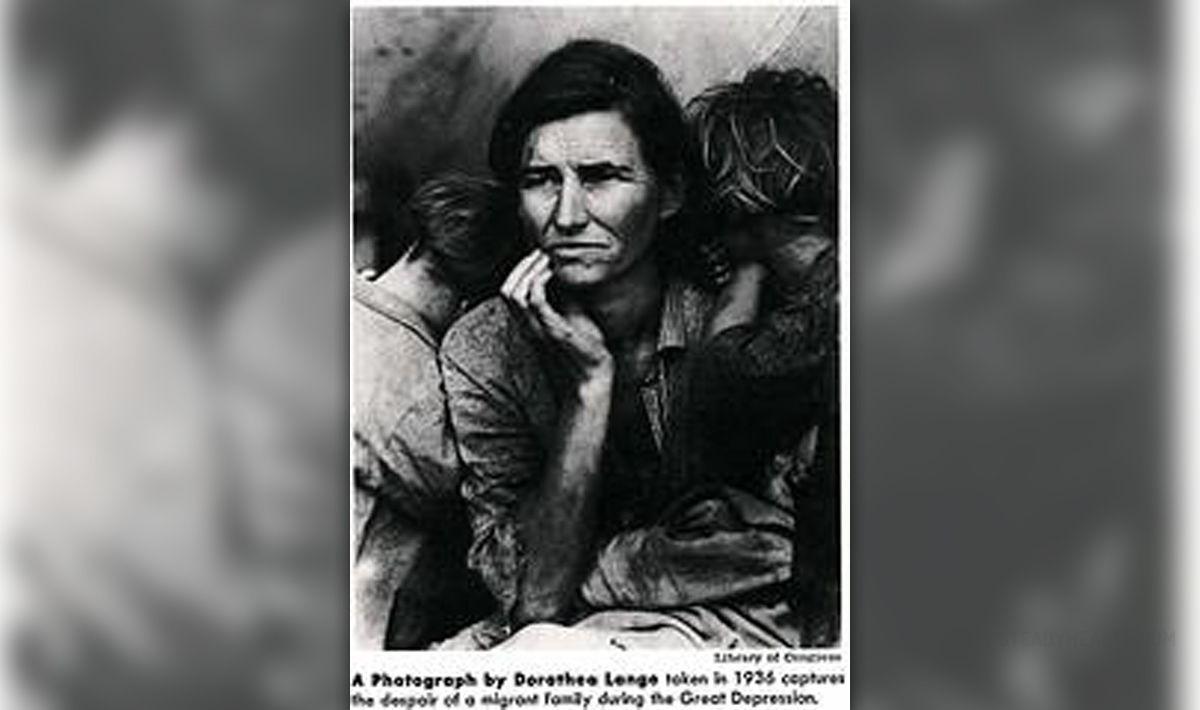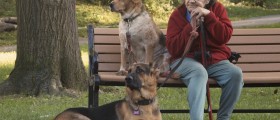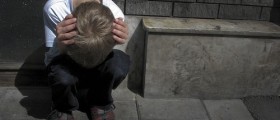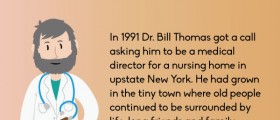
Up to 20% of all elderly people suffer from depression. This depression can vary in type and intensity, ranging from mood swings to cases which require medical assistance and hospitalization. Clinical depression is the most dangerous variant, possibly triggering premature institutionalization and prevents one from taking proper care of him/herself. Depression can also run in families and some people may be prone to it genetically.
Symptoms of Clinical Depression in the Elderly
One of the main signs of this condition in elderly people is common complaining about feelings of emptiness, sadness or fear. Depressed people of this age are likely to show a lack of interest towards daily activities and formerly enjoyable occasions. Additionally, they might cry often and complain about their lack of concentration and memory difficulties.
Worthlessness and guilt may trouble these people too. Thus, suicidal tendencies may be a possible outcome as well. Headaches or other types of bodily pain may appear to be bothering depressed people, without any apparent reasons.
When elderly people are depressed, they are prone to alcohol abuse. Also, they may consume drugs or tobacco excessively and pay little attention to their hygiene and lifestyle. They might have irregular or abnormal sleeping patterns, waking up often, suffering from insomnia or sleeping too much, always appearing tired and worn out, eating more or less than usual.
Finally, depressed elder people might be nervous, agitated or hostile often.
Elder Care with Depression
Older people enjoy remembering past events. This process helps them reconcile with the past, forgive, forget and live their lives through over and over again. Therefore, this characteristic can be used as a therapy for curing depression in the elderly.
Basically, remembering happy times, when the depressed individual was loved and admired for his/her accomplishments and other virtues is a positive approach towards treating depression. This process reminds the depressed individual of his/her achievements, boosting his/her self-esteem, reminding him/her that he/she is an excellent family member, teacher, worker or athlete. However, this reminiscing should be done carefully since, if negative memories are recalled, some elder people may only sink further into their depression.
Next, since older people spend most of their time sharing negative thoughts about the society, life in general and the grim future ahead of them, you can help them overcome this negativity by motivating them to join support groups, become volunteers or socialize with other people through some different groups of these types.
Keep in mind that depression responds to treatment, even though about 75% of elder people suffering from depression never get treated. Thus, medical attention is also a possible solution, if the symptoms of depression appear and remain present. Medical experts will examine the person and try to rule out diseases which can lead to depression. Then, the elder person may need to undergo therapy with a psychologist, whether individually or in a group. This approach is bound to help him/her battle depression. Medications may or may not be involved in the treatment.

















Your thoughts on this
Loading...